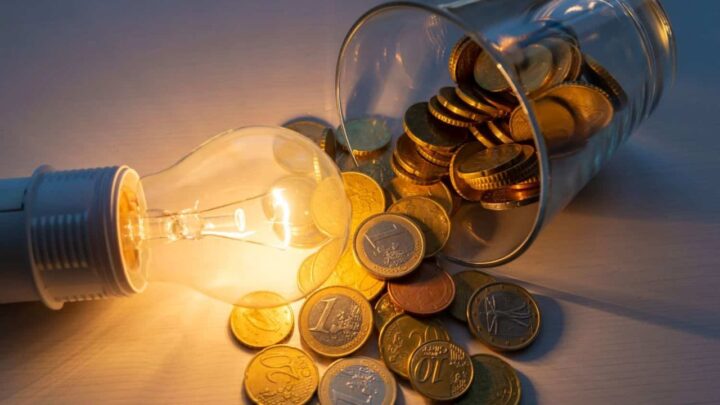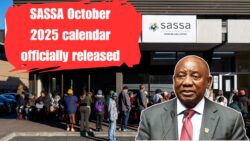South Africans are expressing growing frustration as the electricity tariff increase is set to take effect again in November 2025. According to the latest announcement from Eskom and the National Energy Regulator of South Africa (NERSA), power costs will rise by 12%, affecting millions of households already struggling with the high cost of living. This new hike follows a series of price adjustments earlier this year, putting more pressure on consumers’ monthly budgets. The government insists the increase is necessary to stabilize infrastructure and maintain national grid reliability, but citizens are far from convinced.
Electricity Price Hike Impact on South African Households
The upcoming 12% tariff increase will significantly affect ordinary South Africans, particularly low-income families relying on prepaid electricity. Many households are already cutting down on power usage to cope with rising costs, and this adjustment could further strain their budgets. Analysts warn that the increase could lead to a surge in inflation and affect the prices of essential goods. Businesses, too, are expected to experience higher operating expenses, potentially resulting in job losses or increased product prices. This situation highlights the urgent need for government intervention and support for vulnerable communities.
Reasons Behind the Eskom Electricity Tariff Increase
The Eskom electricity tariff adjustment stems from ongoing financial challenges, including maintenance costs, fuel expenses, and debt recovery. Eskom argues that these increases are essential to ensure a stable and reliable power supply across South Africa. The utility company continues to face issues related to load-shedding, infrastructure upgrades, and rising fuel costs. According to NERSA, the new pricing model aims to make the power sector more sustainable while encouraging energy-saving habits among consumers. Despite these explanations, many South Africans believe the repeated hikes point to poor management and lack of accountability.
| Category | Details |
|---|---|
| Authority | National Energy Regulator of South Africa (NERSA) |
| Implemented By | Eskom |
| Increase Rate | 12% from November 2025 |
| Reason for Hike | Maintenance, fuel cost, and debt recovery |
| Affected Users | Residential, business, and industrial consumers |
| Government Support | Energy relief grants under review |
Government and Public Reaction to Tariff Hike
The South African government response to the electricity tariff increase has been mixed. While some officials emphasize the necessity of the hike for infrastructure stability, opposition parties and citizens’ groups are calling for a review. Protests have already erupted in several cities, with residents demanding transparency in Eskom’s financial management. Consumer rights organizations are also urging for additional energy subsidies to help struggling households. The government has promised to explore alternative solutions, including renewable energy investments and stricter oversight on Eskom’s spending to prevent further increases in 2026.

How South Africans Can Reduce Power Expenses
As electricity prices continue to climb, South Africans are turning to practical ways to reduce their power bills. Simple steps like switching to solar energy systems, using energy-efficient appliances, and monitoring daily consumption can make a difference. Some local municipalities are promoting rebate programs to encourage households to install solar panels or LED lighting. Experts also recommend unplugging devices when not in use and using gas for cooking or heating where possible. Adopting these energy-saving habits could help South Africans navigate the challenging months ahead under the new tariff system.
 October 2025 Alert: Discover SASSA’s Complete Grant Calendar and New Rules for the Next 3 Months
October 2025 Alert: Discover SASSA’s Complete Grant Calendar and New Rules for the Next 3 Months
1. Why are electricity tariffs increasing again?
The rise is due to Eskom’s operational costs, fuel expenses, and efforts to reduce long-term debt.
2. When will the new tariff take effect?
The 12% increase will be implemented starting from November 2025 nationwide.
3. Who will be affected by the tariff hike?
All residential, commercial, and industrial electricity users in South Africa will be impacted.
4. Are there any plans for government relief?
The government is reviewing possible rebates and subsidies to assist low-income households.





